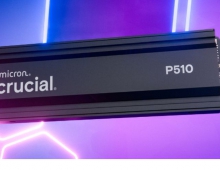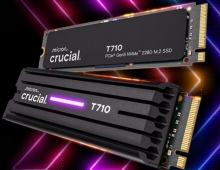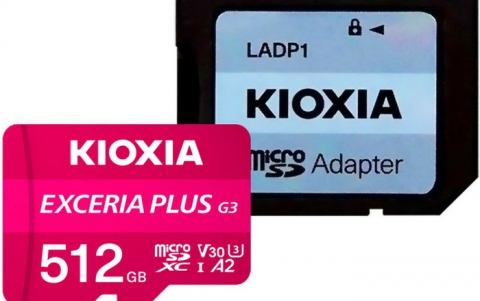Crucial DDR5 Pro OC 32GB 6400
2. Tests
For our tests, we used the following test system
- AMD 7950X CPU + Noctua NH-U12A Chromax.black (2x120mm fans)
- Asus ProArt X670E-CREATOR WIFI Motherboard with the latest BIOS installed (2505/2506)
- MSI 4090 Suprim X Graphics Card with the latest Nvidia Drivers installed
- Samsung 980Pro 1TB with the latest BIOS NVME SSD
- Seasonic Vertex GX 1000W Power Supply
- Dell S2721QS 4K Monitor @ 60Hz
- Windows 11 Pro Edition + latest updates installed
- Test Stability:
- quick testing 30min OCCT v12 Memory Test
- stable testing Testmem5 absolute(01102021)@anta777.cfg (3 cycles)
Both modules were installed at the B2/B4 channels suggested by the motherboard vendor. With the latest ASUS BIOS boot-up process is very quick, compared with the past. The memory by default is recognized as DDR5-5200 under AUTO mode and you have to manually select the EXPO profile either for the DDR5-6000 or DDR5-6400 speeds.

Getting into Windows 11, we get more information about our memory kit from the CPU-Z software. The DDR5-6400 memory kit was manufactured in 40week of 2024 and has both EXPO/XMP profiles running at 6000/6400MHz at 1.35V.

Then we used the free latest version of the Thaiphoon Burner which includes more information about the used modules.


The default running speed of the Crucial Pro OC DDR5-6400 is DDR5-5200

Enabling the XMP/EXPO profile (under BIOS) can give you either a DDR5-6000 or a DDR5-6400 speed.


This memory kit doesn't like at all further performance tuning, at least with stock 1.35V, we couldn't make the system post with anything higher than stock 6400MHz speeds, or even slightly lower CL36 (errors during testing). So getting this memory kit for further overclocking isn't a valid reason, you should look at other SK.Hynix memory kits.
Lets now start our testing.
AIDA64 Cache And Memory Benchmark

As was expected, the higher memory performance comes from the 6400CL38, which delivers very good performance, however even at 6000MHz the Crucial DDR5 Pro OC 32GB performs well. The software reports around 69.9ns with the 6000CL38 and around 69.6ns with the 6400CL38 setting.

MemoryMark (Performance Test 10.2 Suite)
This test gives an overall score for the installed memory and we can see that the 6000CL36 gave a slightly higher score, than the 6400CL38.

Passing to the well-known GeekBench, this software tests the performance either in single or total cores, and as we can see there is a performance difference in both single/multi-core index scores as memory frequency rises.

We used the latest version of the well-known PCMark10 and we saw minor performance differences in the total overall score, after setting the various memory frequencies of the tested memory. While the 6400CL38 gave the best performance, the 6000CL36 is also close enough.

Lastly, looking at the working temperature at the open testbed, we saw up to 40 Celcius, and even readings at DIMM1 were slightly off...






















